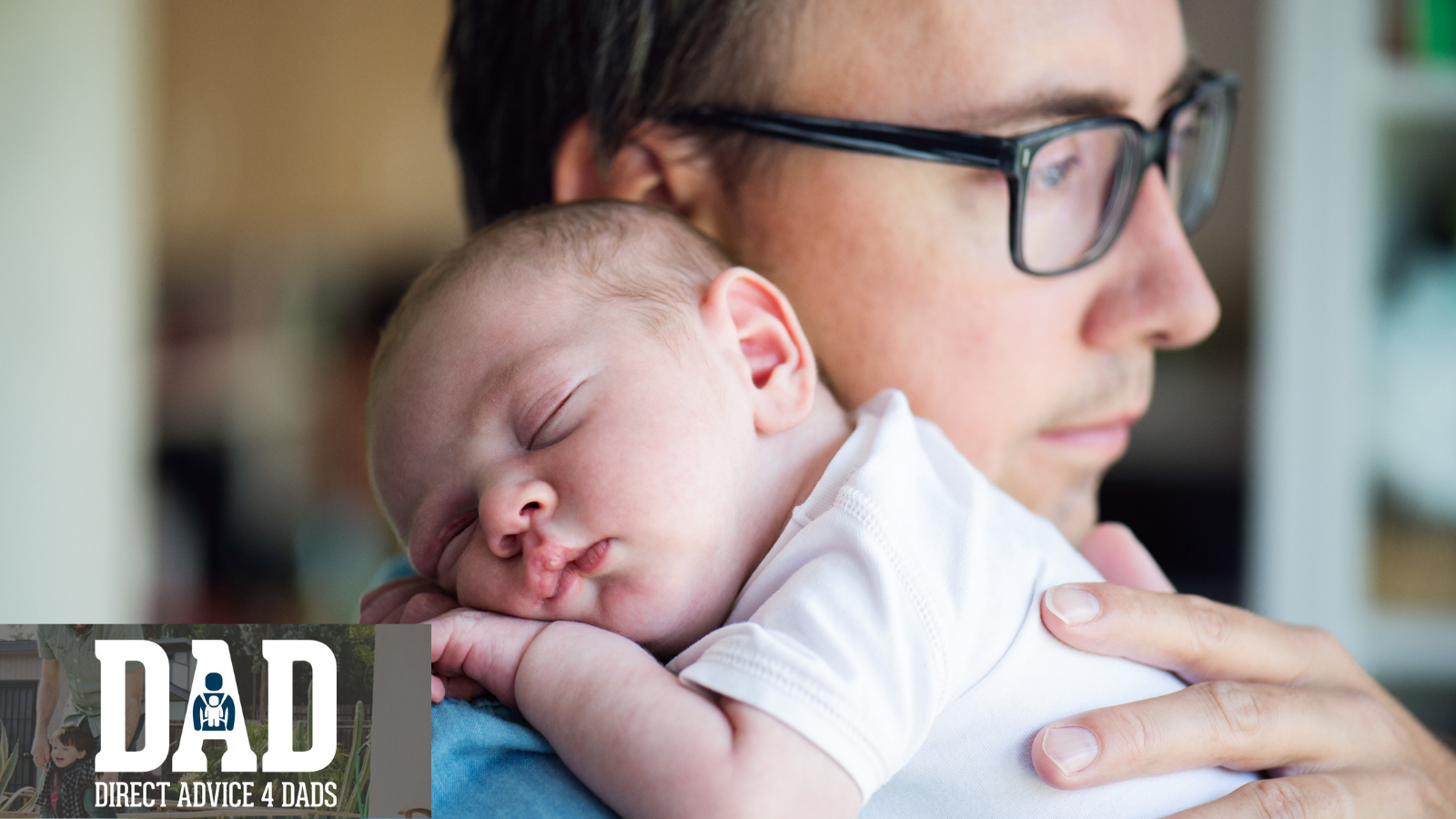The Poms recently announced they would offer new and expectant dads mental health checks. Australia should go even further.
In announcing an expansion of its mental health program, the UK’s National Health Service (NHS) said the men “will be automatically offered a comprehensive mental health assessment and sign-posted to professional support if needed.”
But on what proviso?
“…the partners of pregnant women and new mothers who are themselves suffering from anxiety, depression or more severe disorders such as psychosis will be automatically offered…”
Oh, right. Fathers will be offered a mental health assessment if their partner is dealing with a mental health issue. So a dad who might be struggling, but his partner isn’t, doesn’t get offered an assessment and support?
Whether this “radical” change to policy goes far enough is debatable, but it does raise an important question: what are we doing here to support our new dads?
Aussie, Aussie, Aussie, WTF?
While the UK’s policy gives some recognition that postnatal depression can affect fathers, too, the limited policy is, sadly, better than what is currently available in Australia.
Few would deny there is a need for more support. Research by Beyond Blue has identified while around 16 per cent of mothers (one in seven) develop postnatal depression in the year after having a baby, 5 per cent of fathers will as well.
With about 310,000 births in Australia annually, that’s a lot of new dads who will experience postnatal depression. And the cost comes in many forms.
An article at The Conversation outlined the expense of paternal depression in Australia, with figures from 2012 showing healthcare costs for depression in new fathers was around $17.97 million, and resulted in a further hit to the economy through a productivity loss of around $223.75 million.
Surely those numbers mean we should be doing more to support new dads. Heck, even something would be an improvement on now. So what are the pollies doing?
In late 2018, the Australian government announced it would provide $300,000 to the not-for-profit organisation, the Gidget Foundation, to provide video counselling support to parents (both mothers and fathers) in regional and remote areas.
That funding adds to $270,000 announced by the NSW Government earlier in 2018.
It’s a good start, but it’s not anywhere near enough, and relies on someone actively asking for their help. We need national screening programs for ALL parents.
My struggles as a new dad
I became a father for the first time 10 years ago. I was as excited as you’d hope, and felt ready to be the great father I had not really had.
Despite the optimism and excitement, I turned out to be emotionally under prepared for some of the very real and challenging disruptions.
I knew I was battling inside my head. But I didn’t know dads could experience postnatal depression, too. Like any form of depression or anxiety, it can seem ‘silly’ to others (and even ourselves).
I certainly felt guilty about struggling — having just become a father to a beautiful baby, who was wanted and adored, I ‘should’ have been blissfully happy, right? So, I dismissed how I was feeling and tried to soldier on and be the healthy and able provider and father.
But mental illness doesn’t work that way. It just doesn’t.
Depression and anxiety don’t discriminate. Not by gender, not by social status, not by being sensitive, nor anything else.
“I dismissed how I was feeling and tried to soldier on and be the healthy and able provider and father.”
Depression is not a symptom of someone who ‘overthinks’ and just needs to ‘keep calm and carry on’: it is a medically diagnosable condition and treatable through pharmacological and psychotherapeutic means.
While I can see now I wasn’t emotionally prepared for the impact that becoming a father would have on our relationship as a couple, and on me as an individual, it doesn’t mean I was flawed, broken, or weak. Not at all.
I just needed help. And I didn’t recognise that properly for a number of years until my mental health had deteriorated to the point where I had a complete breakdown and my marriage ended.
It was only then that I was forced to confront the depression that had engulfed me, and with medical and peer support, make some changes that now mean I’m a lot happier and a better father than I was. But I could very easily have become a suicide statistic like my father did.
Come on Aussie, come on
Organisations and groups such as Beyond Blue and Perinatal Anxiety and Depression Australia (PANDA), and others, will continue to advocate for better mental health screening and support for fathers.
The sheer fact that 2,348 Australian men took their own lives in 2017 is a national crisis. Our governments and medical community need to be made to listen, and a national discussion about the growing (yes, growing) number of men who see no other option but to die, needs to be had.
We can’t address anything through memes and morning teas alone. Our kids need us to do better at getting better.
Originally published at Direct Advice for Dads.
